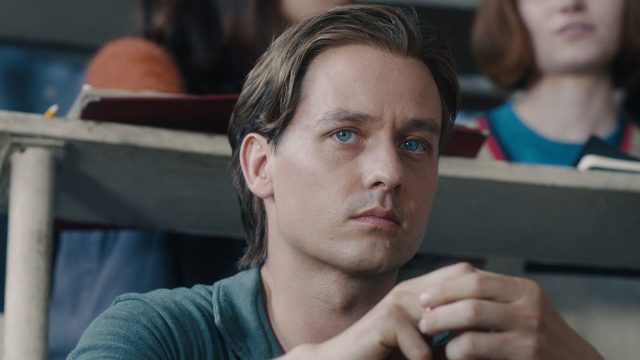
Whether they are creating movements or undergoing a major change, the films of German cinema have always been held in the highest regard. From hosting elite festivals to film movements, their films inspire around the community. Therefore, here are the 10 best German films of the 2010s:
10. The Captain (2017) – Robert Schwentke
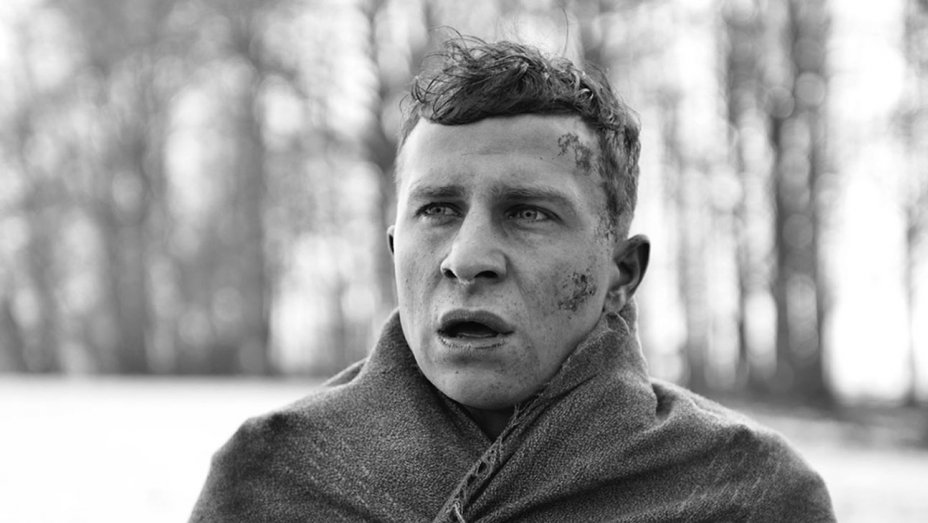
The German population has always been rumored to be easily persuaded or hypnotized by certain elements, so it comes with a weird sense of understanding that the true story of Willi Herold, a private who assumes the identity of a German officer in the final days of World War II, who ordered the deaths of deserters, makes for a compelling story. In Schentke’s film, we see these events unfold in a nightmarish fever dream.
As a deserter himself, Herold dons the uniform of a German officer whose power goes to his head quite quickly. Whether ordering privates for mundane tasks, dictating orders from the Fuhrer, or executing prisoners who are no different from his true self, we see how a character can become a devil just with the change of a uniform.
Of course, things don’t end well for the Germany army in World War II and Herold is no different, but with this black-and-white film, we truly see how the final days of the war truly were. Unfortunately, a young kid taking advantage of the situation brought even more hell to the table. And thanks to Schentke’s horror-like fable, we get to witness it too.
9. The Silent Revolution (2018) – Lars Kraume
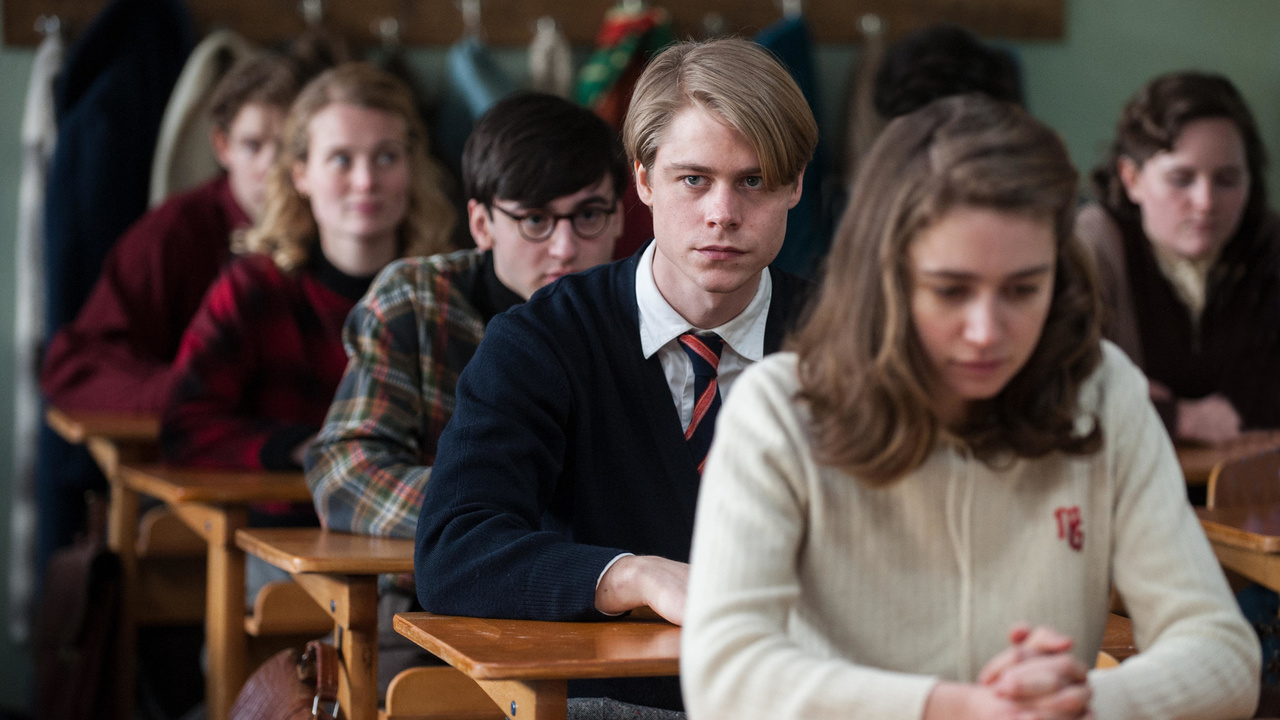
Based on the true story of a group of students in East Berlin that gave a moment of silence for the victims of the Hungarian Revolution in 1956, and their act of so-called counter-revolutionary act. Kraume manages to capture a group of young adolescents and their relationship to German history and current political situation all without losing the vulnerability of those youth years.
Many films have explored the grim living conditions on the youth in East Berlin, but here, the students joke, listen to American music, and date casually amongst one another like any other culture. It just happens that a little almost-considered prank has unforeseen consequences. As a result, we see these children of World War II, their relationships to the past through their parents’ choices, and what their future holds for them.
The film has moments of high tension and drama all without losing their colorful approach of young adulthood in a grim world. The film somehow manages to combine these themes all without losing insight to the true inspired act upon which it is based.
8. A Coffee in Berlin (2012) – Jan Ole Gerster
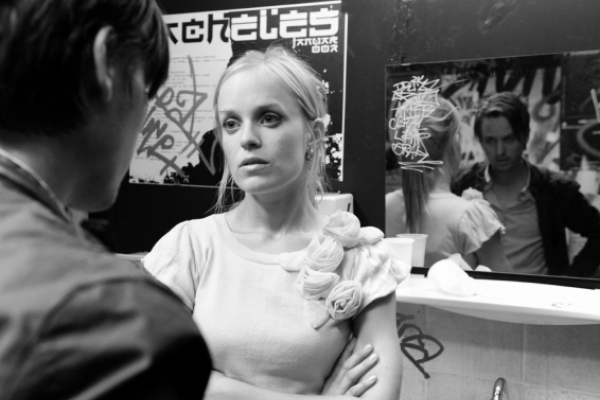
A film that manages to capture the hipster, realist perspective of a young German man in modern day Berlin, who just wants a cup of coffee. Shot beautifully in black and white, Gerster turns Berlin into a Kafkaesque tale of adulthood, transition, and identity.
The film follows Tom Schilling’s Niko’s misadventures over the course of a day with run-ins from ex-classmates, insults at a performing arts show, contempt from his father about his dropping out, and many other things along the way. It all plays across poetically, comically, and truthfully on the adventures of a confused young man becoming an adult.
Anyone can relate to the misguided feeling and direction of Niko and it’s so wonderful how Gerster projects this French New Wave energy to it, without sacrificing the German roots and characters. For any fan of offbeat humor, observational or deadpan comedy, and anything in between without losing its heart, this film will continue to be loved.
7. The Robber (2010) – Benjamin Heisenberg
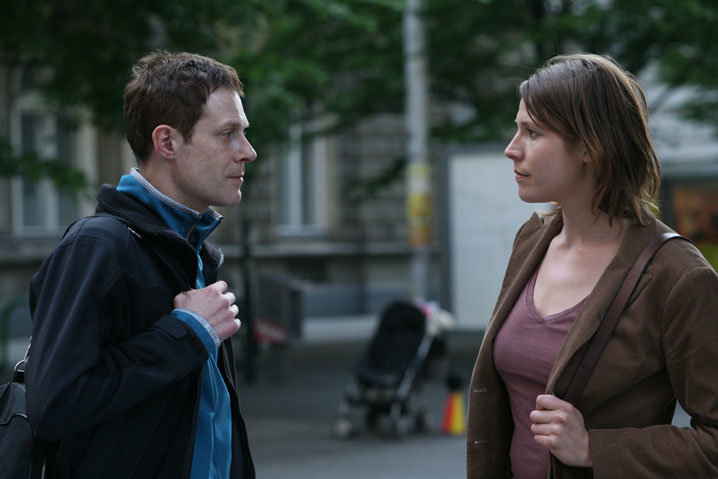
A film filled with enough subtle tension and within the main character to keep our breath held consistently, Heisenberg made one thrill of a ride. Andreas Lust’s Johann is a paroled felon and marathon runner trying to play it safe during his parole; however, he continues to rob banks.
Lust manages to keep an internal anger, distraction, and energy within him every time he appears on screen, which consists of most of the film as it’s told from his perspective. Simultaneously, the bank heists, the training, and dealings with his ex-girlfriend are filled with brittle tension. Through tracking shots and rapid montages, this thriller surely hits the right notes. And with a love story and an aggressive parole officer, Johann never has a clear pathway for him ahead. As a result, we run with this character’s study of a film that started the decade off on the right foot.
6. 3 Days in Quiberon (2018) – Emily Atef
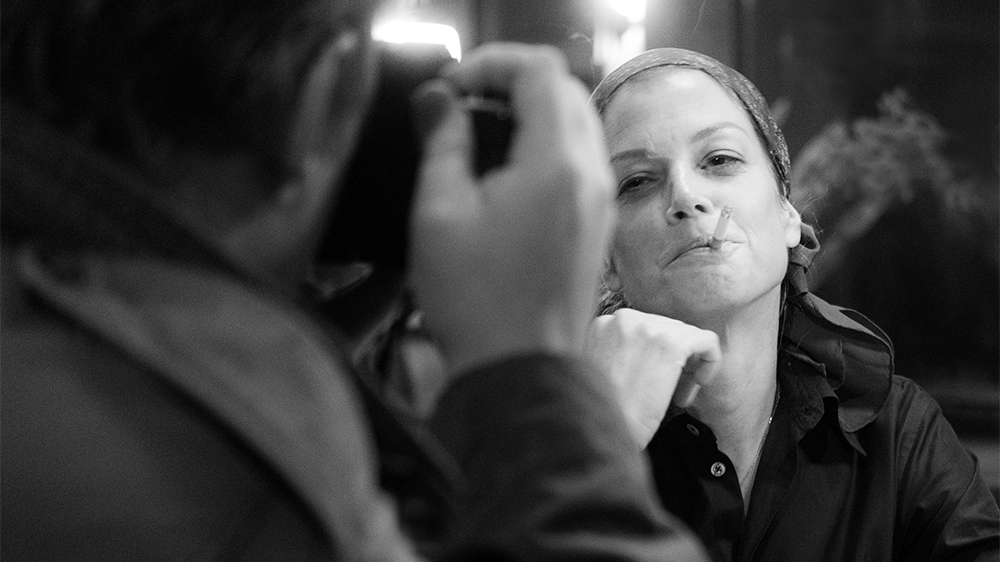
Not your conventional biopic, and featuring one of German cinema’s greatest stars: we see one of the final stages of Romy Schneider’s life in the seaside town of Quiberon. In Atef’s film, it’s not as concerned about the life of Schneider but her current daily struggles of alcoholism, being a present mother, and introspection on her career through what would be her final German interview.
So much of the kudos must go to Marie Baumer, who doesn’t just give a flawless performance through her mannerisms and interpretation, but gives life and unforeseen circumstance to the role. It’s not simply an impression, but a real human being struggling after a long road of a career. Shot in crisp black and white, we see these three days play out with no rush in time. It’s a true character study of Schneider in her final stages of life, and whether we sit by her side, see her through a lens or through a journalistic perspective, it never ceases to amaze what Baumer can do in this controlled film of a German screen legend.